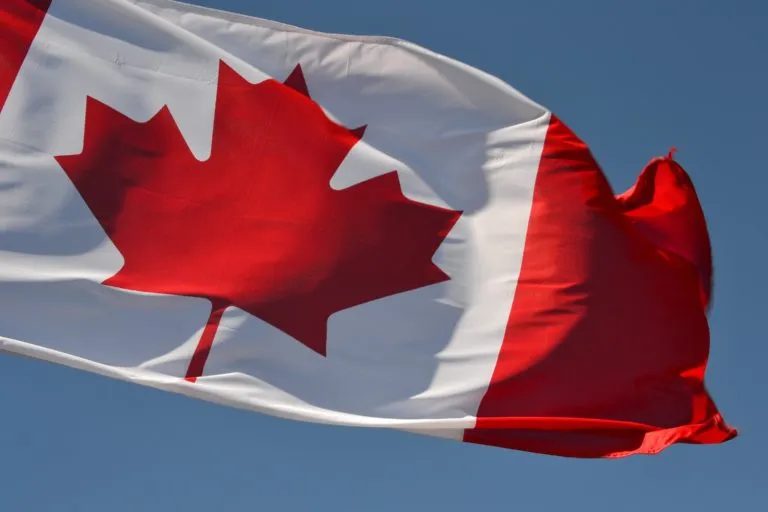Canada wins USMCA trade conflict with the United States, intends to make sure 'full advantage' for its solar market
- A dispute resolution panel has actually ruled that tariffs on Canadian solar products imposed in 2018 by the US contravene the terms of the US-Mexico-Canada Agreement (USMCA) on trade, with Canada now keen to reap the benefits for its solar sector.

Mary Ng, Canadian priest for International Trade as well as Export Promotion, stated the judgment in favour of Canada "unequivocally confirmed that United States tariffs on Canadian solar items are unjustified and also in infraction of USMCA".
" Canada will likewise make sure that our solar market, in addition to all Canadian sectors as well as workers, can totally benefit from USMCA," she added.
In 2018, and regardless of the United States International Trade Commission (USITC) searching for that Canada was not a major exporter of solar products to the United States and did not get approved for the tariffs, the Trump administration enforced the Section 201 tariffs on imports from Canada beginning at 30% as well as decreasing every year.
This caused legal action taken versus the Trump management by solar producers, with Canada noting how its solar exports to the US plummeted by 82%.
Canada requested the disagreement negotiation panel after stopping working to resolve the concern via exclusive appointments. It was anticipated to rule around this time
Complying with the ruling, the US has 45 days to reach an agreement with Canada as well as fix the conflict.
" We welcome the United States' intent to seek a resolution with Canada as well as Mexico, as shown by the President in his recent statement," said Ng, adding that "Canada will certainly work toward the full removal of these unjustified tariffs."
A United States Trade Representative (USTR) speaker said the US gained from elements of the panel's choice.
" The US values that the panel reaffirmed the President's authority to make exemption determinations in secure proceedings," USTR spokesman Adam Hodge claimed in a declaration.
" We will continue to examine the record as well as collaborate with Canada to settle the dispute."
Actually, the Area 201 tariffs were created to protect US solar production from less costly Chinese competitors, which made Canada's inclusion even more puzzling, especially taking into consideration the USITC's searchings for.
China tested the choice, asking for a dispute panel with the World Trade Organisation (WTO), although this was declined on premises that Chinese manufacturing did offer a threat to the US' domestic industry. China is appealing that decision.
More recently, the tariffs, which was because of end on 6 February, were prolonged by the Biden administration on 4 February. Crucially, they proceeded an exemption for bifacial solar modules-- that make up the huge majority of module imports to the US-- and increased the tariff rate allocation for cell imports.
The change rated by the United States solar industry, with the Solar Energy Industries Association (SEIA), which highly opposed the tariffs, keeping in mind that bifacial panels are still not available "at range" from US makers.
China was naturally dissatisfied with the information and claimed the tariff expansion would "misshape worldwide trade".
Also read

